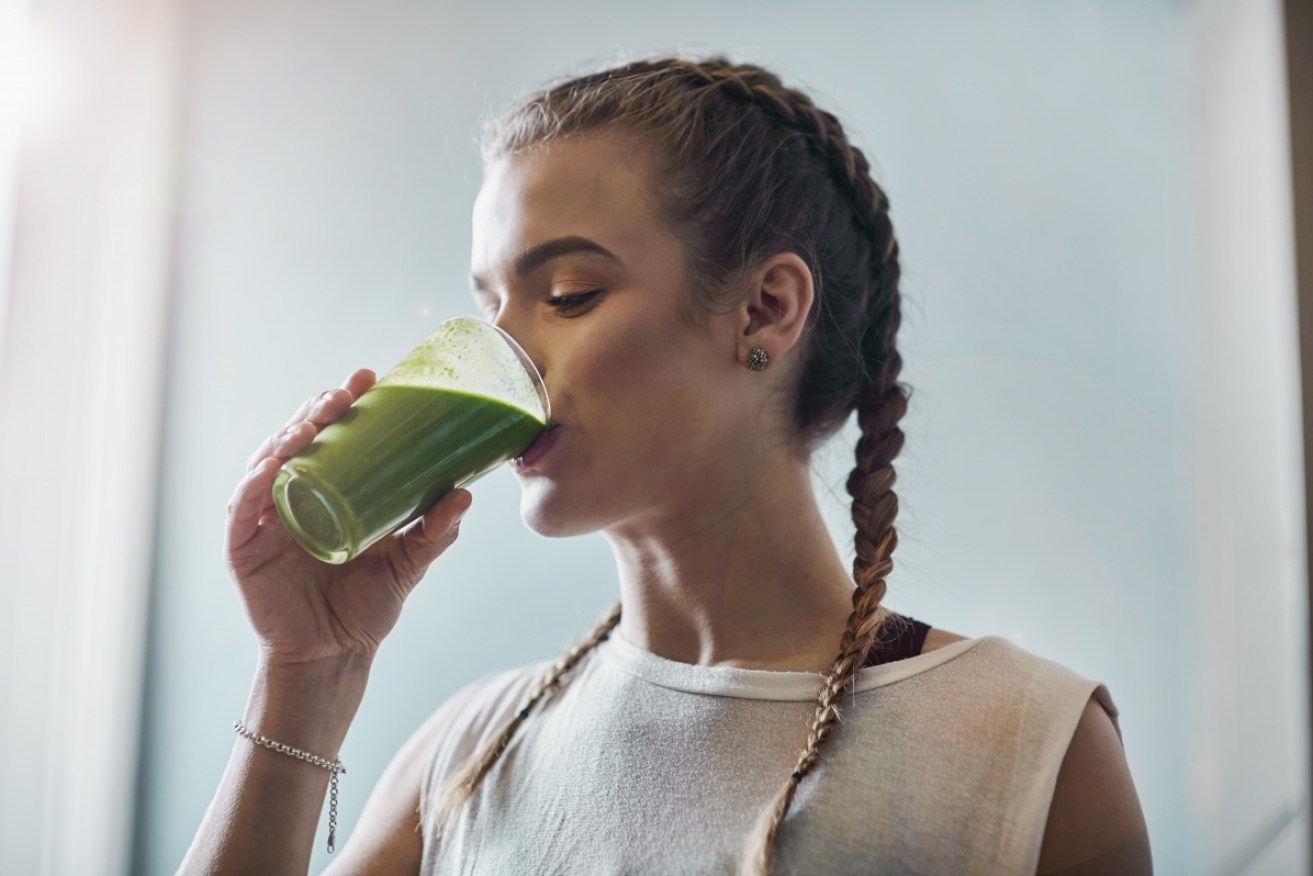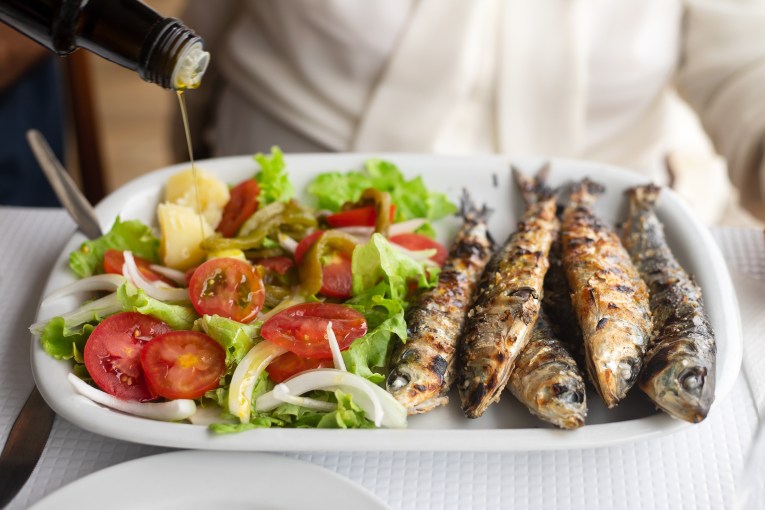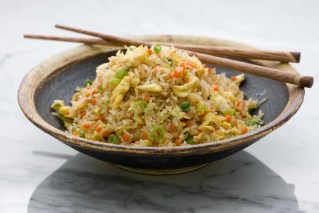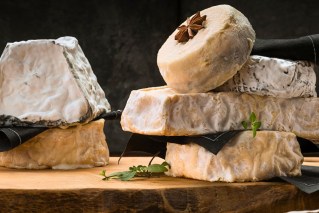Orthorexia nervosa: The eating disorder stoked by the misguided faith in ‘healthy’ diets


The plethora of 'advice' on the internet is fuelling unhealthy food obsessions, say dietitians. Photo: Getty
Psychologists and dietitians are grappling with a new breed of eating disorder fuelled, ironically, by an obsession with healthy eating.
Orthorexia nervosa is the obsession with clean, pure and healthy food, often arising from regimens that exclude entire food groups, such as grains, dairy or meat.
It’s resulting in young women, largely, presenting with malnutrition, anxiety and unhealthy attitudes to food, according to experts.
Feeding its rise is the explosion of wellness, ‘fitspiration’ (fitspo), clean-eating gurus, celebrities and a pervasive “culture of perfection” on social media platforms.
Orthorexia was first coined in 1997 by US doctor Steven Bratman, who devised it as a tongue-in-cheek term for the obsession with clean and pure eating, but who soon came to recognise orthorexia as a genuine eating disorder in which people strive for “dietary perfection”.
It gained greater profile in 2014 when New York-based wellness blogger Jordan Younger, author of The Blonde Vegan, shocked her 70,000 Instagram followers by admitting she suffered from an eating disorder.
Her disorder, she said, wasn’t about the quantity of food, but its quality. She said it had become pathological and resulted in malnutrition.
As orthorexia is not a clinically recognised eating disorder, exact numbers are difficult to determine. But clinical psychologist Louise Adams who specialises in eating disorders and body-image issues has seen a sharp rise since she began practising in 2006, and “since 2012 it seems to have exploded”.
“Yes, I’m definitely seeing more of it,” Ms Adams says.
It’s what an eating disorder looks like for me these days.”
Ms Adams, who heads Sydney-based Treat Yourself Well clinic, says with dieting now “highly unfashionable”, the pursuit of fitness and ‘health’, clean eating and detoxing have taken its place.
“It really comes down to obsession, as in ‘I am completely preoccupied with food and eating and I’m petrified of eating the wrong kind of food’,” she says.
“It’s no longer about losing weight, it’s about ‘health’ benefits … ‘healthy’ has become the new thin.”
At its most severe, it can result in malnutrition, but also negatively affect family and relationships, and cause anxiety, whereby orthorexics avoid dining out or going to social events for fear their strictly defined foods won’t be on offer.
Spokeswoman for the Dietitians’ Association of Australia, Tania Ferraretto, confirms orthorexia is growing and that she is increasingly seeing patients with conditions such as low iron or poor bone density after excluding certain foods – often based on advice dished out by social media influencers, congregating around the “raw food” or “clean eating” movements.

Dairy foods provide calcium. Photo: Getty
“I’m seeing many people avoiding dairy, for example, and using coconut or almond milk as a substitute which are just not adequate [for calcium needs], especially in growing teenage bodies,” Ms Ferraretto says.
“One of the biggest factors is social media and the great degree of access to information which may not be accurate or evidence-based, to younger people particularly.”
One example is social media sensation Freelee The Banana Girl who boasts 362,000 Instagram followers by promoting a raw vegan diet of up to 20 bananas, 40 pieces of fruit and two kilograms of potatoes a day.

Freelee The Banana Girl has garnered a huge social media following: Photo: Instagram
Ms Adams describes orthorexics as typically young women, perfectionists and high-achievers, taking their cues from the “saturation” of influencers on social media, from clean-living gurus to fitspo models –many without conventional qualifications.
“There’s a worship of nutrition coaches or fitness coaches with dubious credentials … Basically, dietitians are really boring, but a glamorous fitspo person is really exciting,” she says.
Registered nutritionist at the University of New South Wales Rebecca Reynolds agrees there has been an increase in people with “more rigid or strict ‘healthy’ eating patterns”, arguably orthorexia.
Dr Reynolds also attributes the rise partly to “the glorification of certain ‘diets’ by celebrities (examples include ‘clean’ eating, raw food, anti-carbohydrates), the social media Instagram culture of perfection, people’s attempt to control their lives (and morbidity and mortality) via their diet”.
In an opinion piece on orthorexia, Dr Reynolds offered advice from the perspective of a nutritionist and recovered bulimia sufferer: “Don’t trust all-devoted kale consumers, including health professionals and celebrities, if their advice isn’t based on scientific evidence.
“Try to be a balanced food consumer with a ‘mostly and sometimes’ mantra.”








